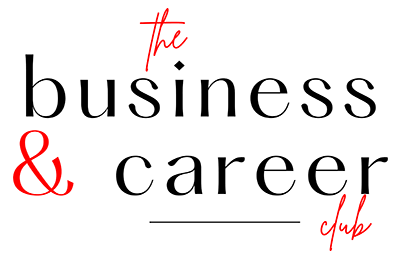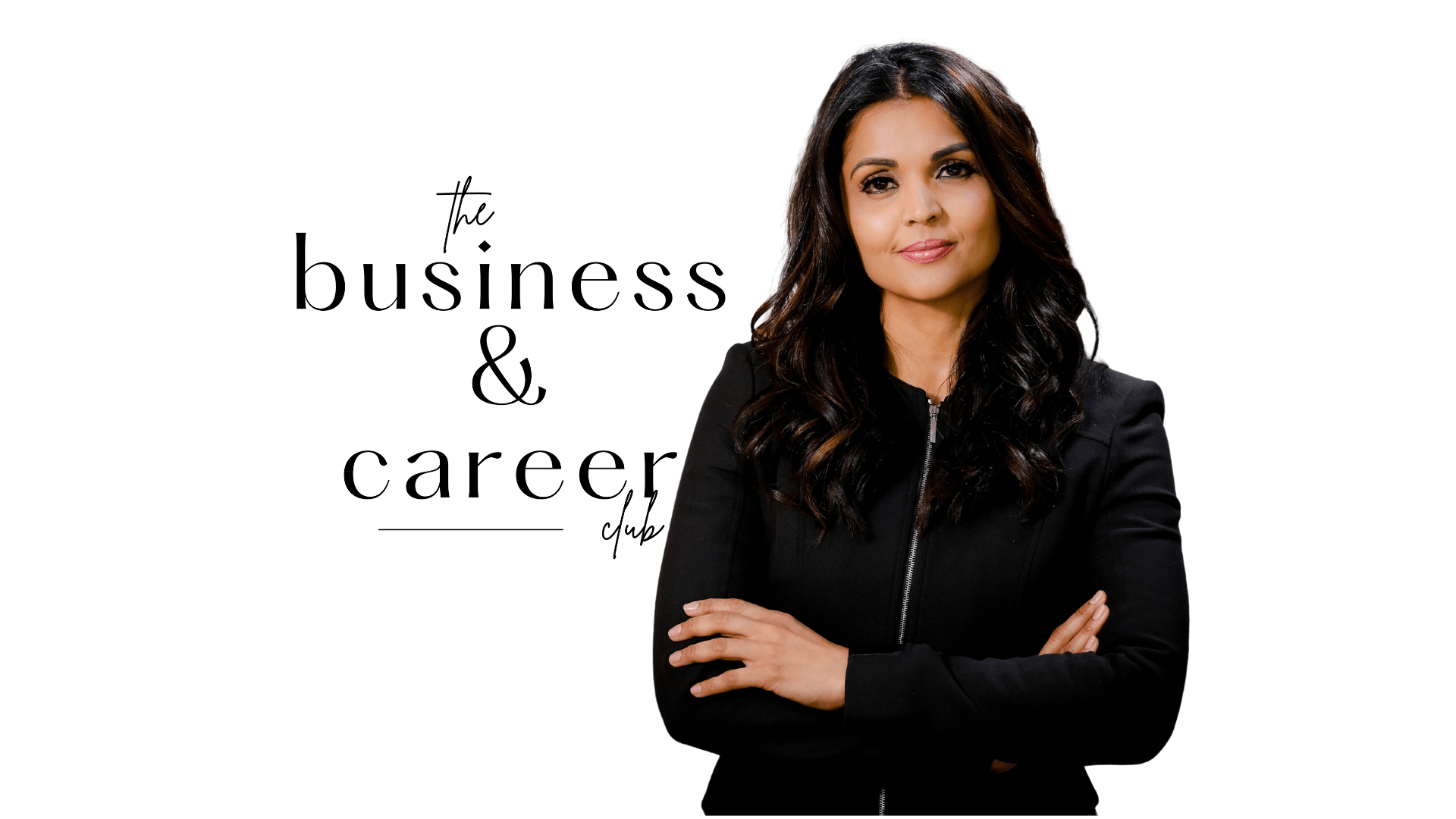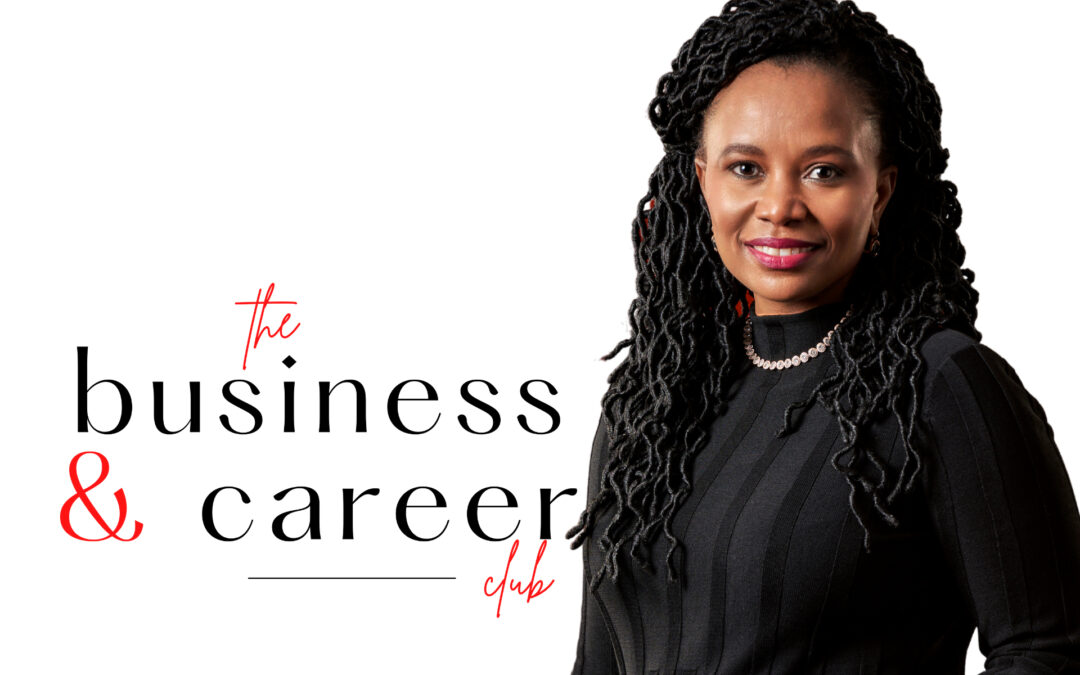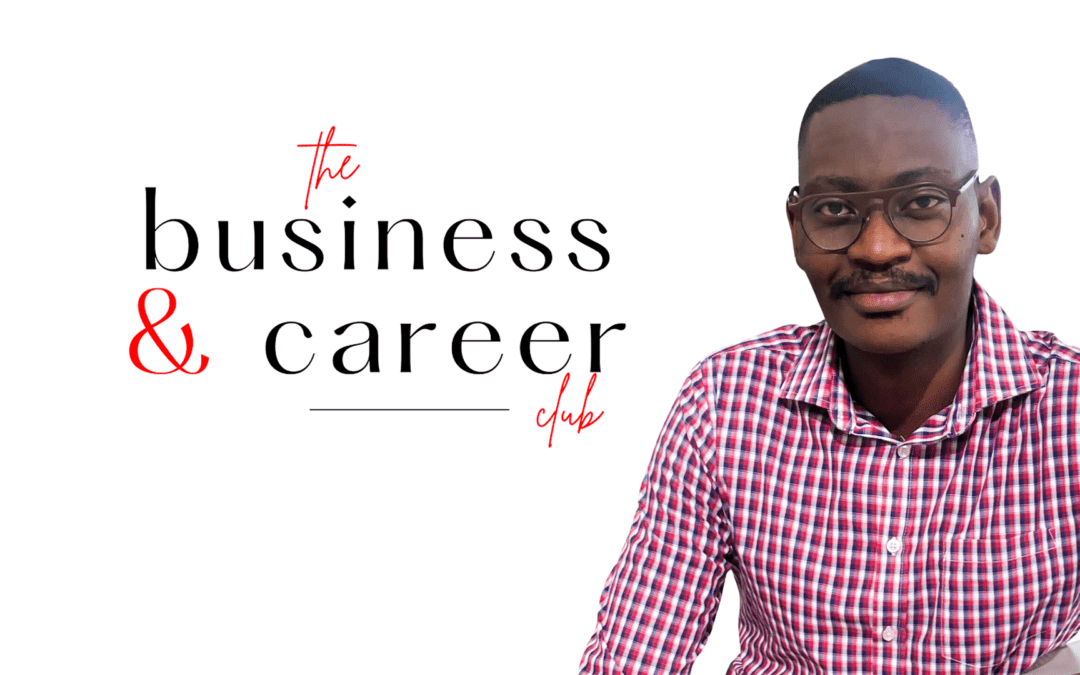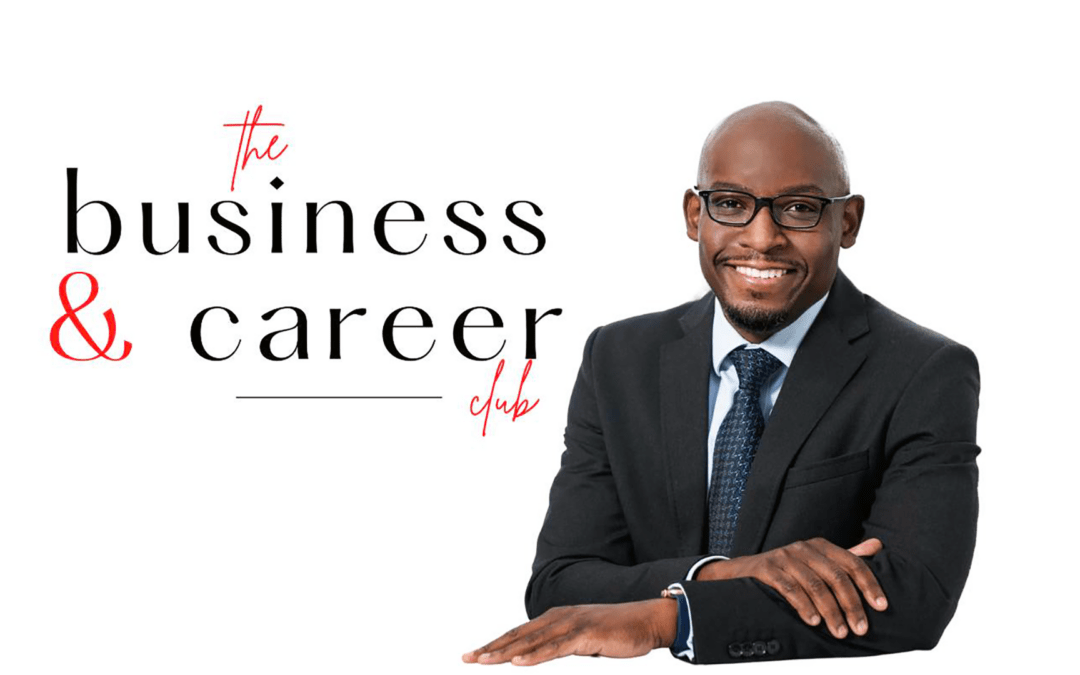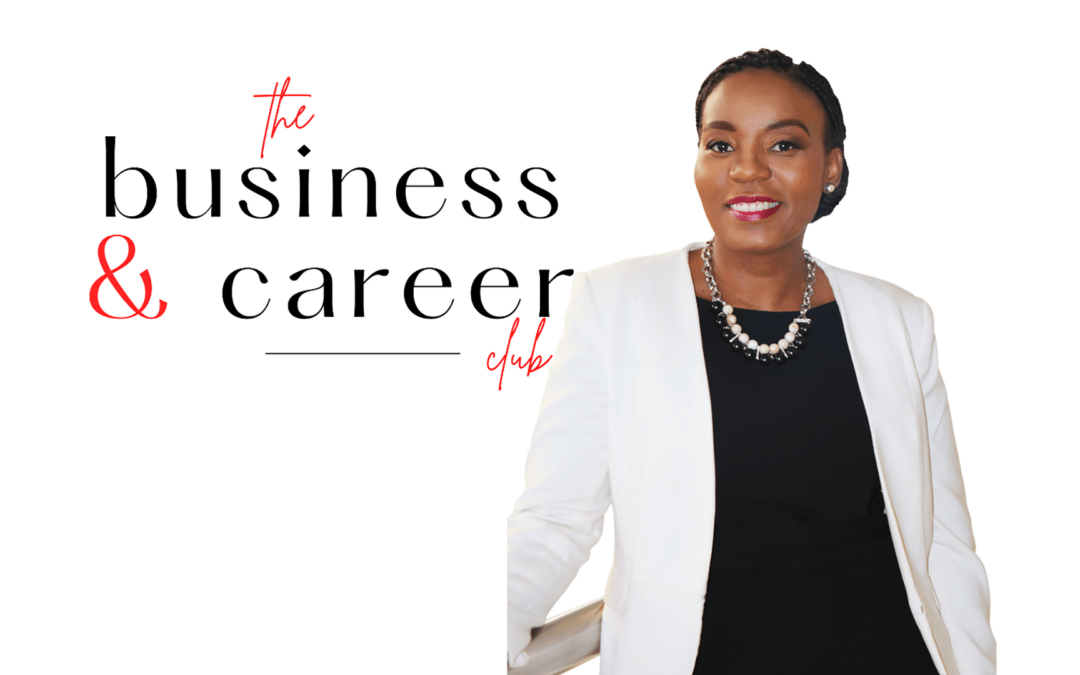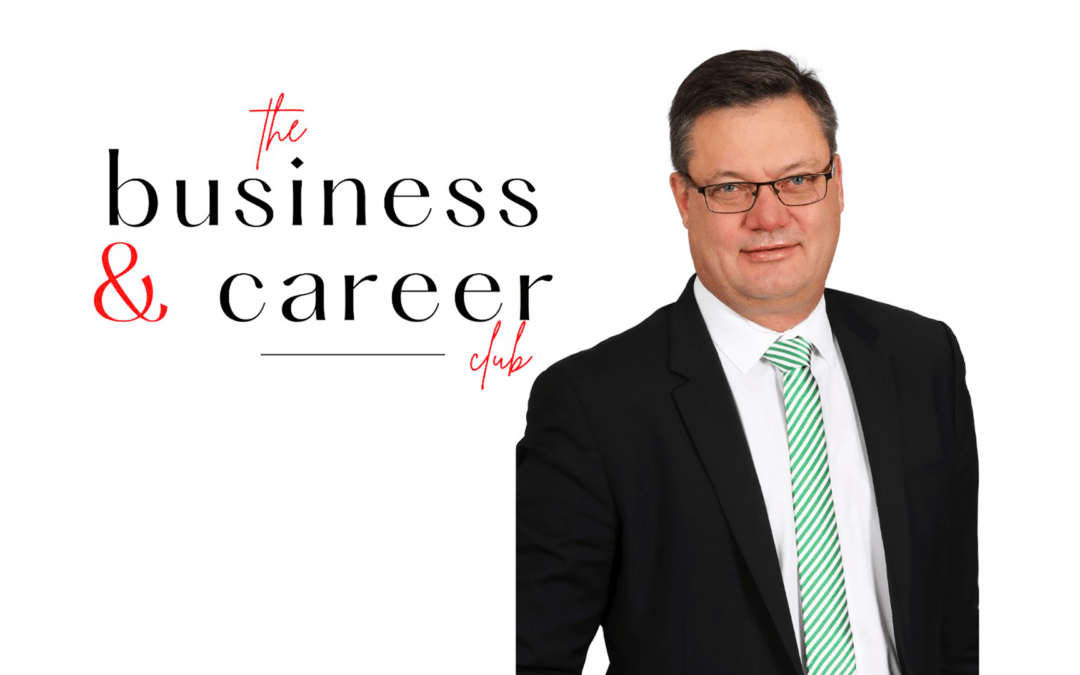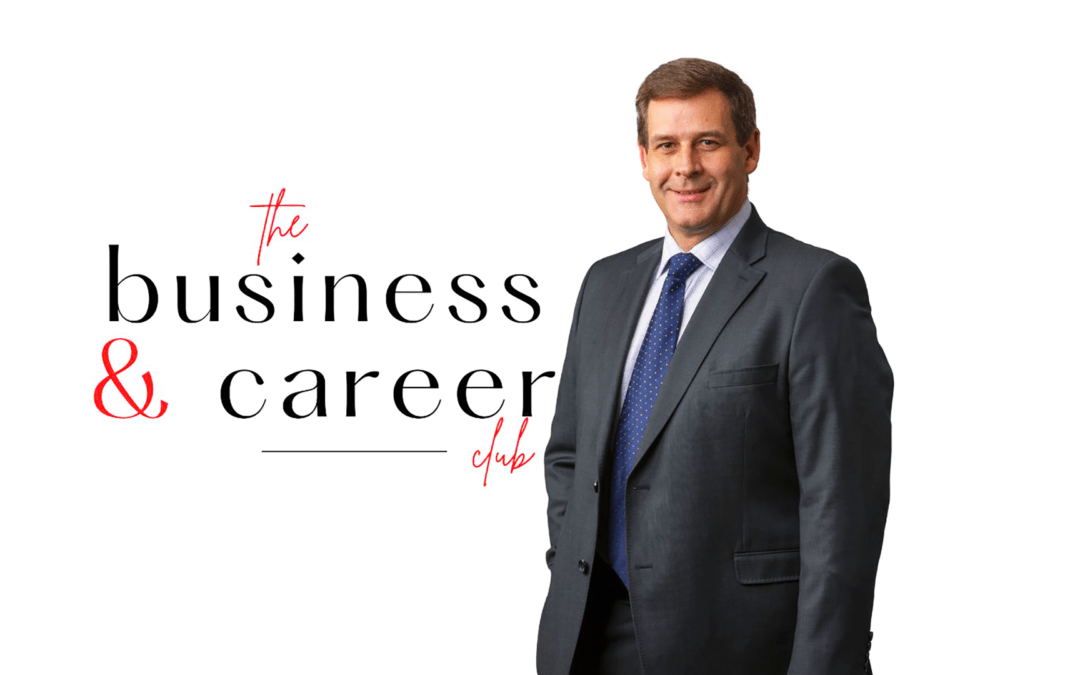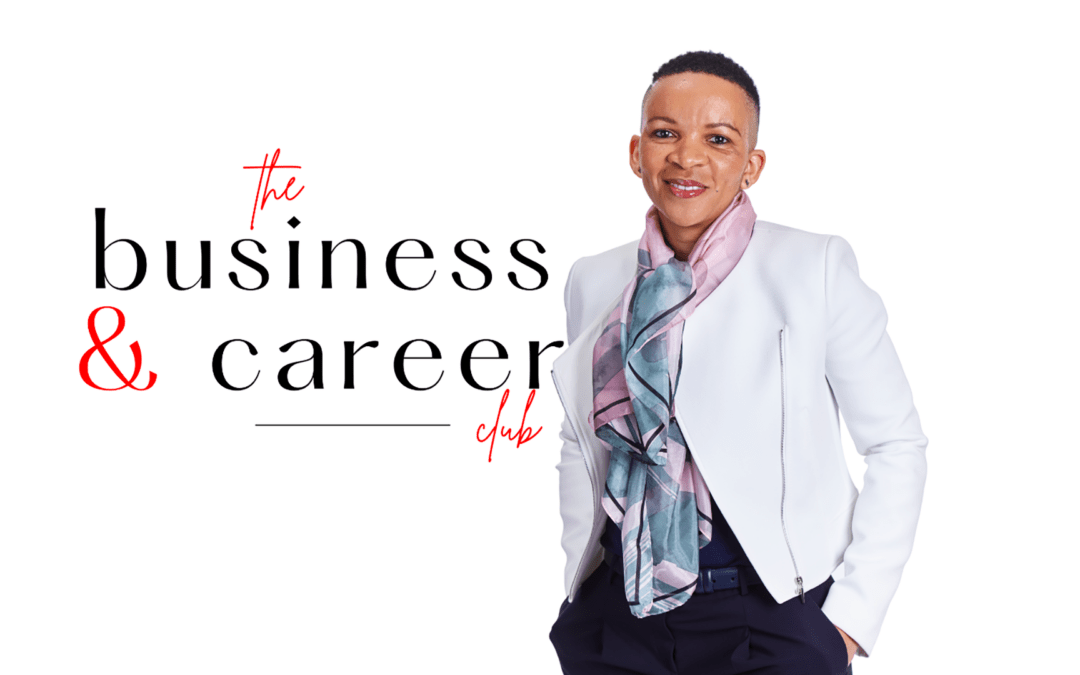Looking back, CFO of AECI Aarti Takoordeen wishes she had extended her people-focus beyond the individuals she works with. Today she knows it is also important to develop deep connections with people both at work and in your private life. ‘The full circle of life means that the people you encounter are likely to come back into your life at some point later and therefore how you treat them today has a direct impact on your future.’
Aarti encourages young professionals to continually strive to be the best version of themselves. To achieve that, you should establish what your value system is at the start of your career, and it should guide you throughout. Young professionals should hold themselves to account in both their words and their actions.
When recruiting and promoting employees, Aarti places a bigger premium on attitude than on academics. ‘You can teach people technical information, but you cannot really teach a constructive attitude.’
She also admires individuals who exhibit resilience and courage. However, ambition should be combined with a good dose of empathy to avoid individuals bulldozing their way through an organisation. It doesn’t help if you can get the job done but you lack in the softer metrics.
As a young woman of Indian ethnicity, Aarti has experienced bias around her age, her religion, her race and her gender. However, she has decided not to waste too much time or energy on such incidents. ‘I play my own game and put my head down to deliver. The solution for discrimination is to prove your competence.’
That said, she did take the transformation battle at the JSE to heart as this had repercussions for others in the organisation. It was an emotional struggle because she believes as a country, we should have made greater progress in this regard than we have.
‘Early on when I joined the institution, there were certain inflection points when, as leaders, we had to stop a meeting to question whether or not we are treating people equally. It is important in my view to have the courage to call out bias. It is an energy-sapping exercise because these are difficult conversations that have the potential to drive you to tears, but you need to have them because that is the only way you will effect change.’
When it comes to managing a crisis, Aarti has solid advice: don’t panic! This only leads to decisions that have not been thought through properly. One should be calm enough to step back and think about different options and possible consequences they could have.
‘I read about a CEO who sent a note to the organisation when a crisis hit,’ Aarti says. ‘It was a very well written memo drafted spontaneously, but the CEO did not consider the fact that the email could be forwarded to people outside the organisation and have far reaching consequences for the company. It resulted in a colossal tumble of the company’s share price that the company is yet to recover from. I therefore think it is important to always test your thinking with others around the table and thereby uncover ideas that you may not have thought about.’
In a crisis, it is so easy to give in to the flight or fight response that will usually make you want to fix the problem as quickly as possible. Rather than running, Aarti advises, rather stand still for a moment and think before you act. This has been a difficult lesson to learn even for her, because by her own admission, she has the kind of personality that seeks to get control back as quickly as possible when a crisis strikes.
This article is an extract from the Masters of Money book by KC Rottok Chesaina (JONATHAN BALL PUBLISHERS)
